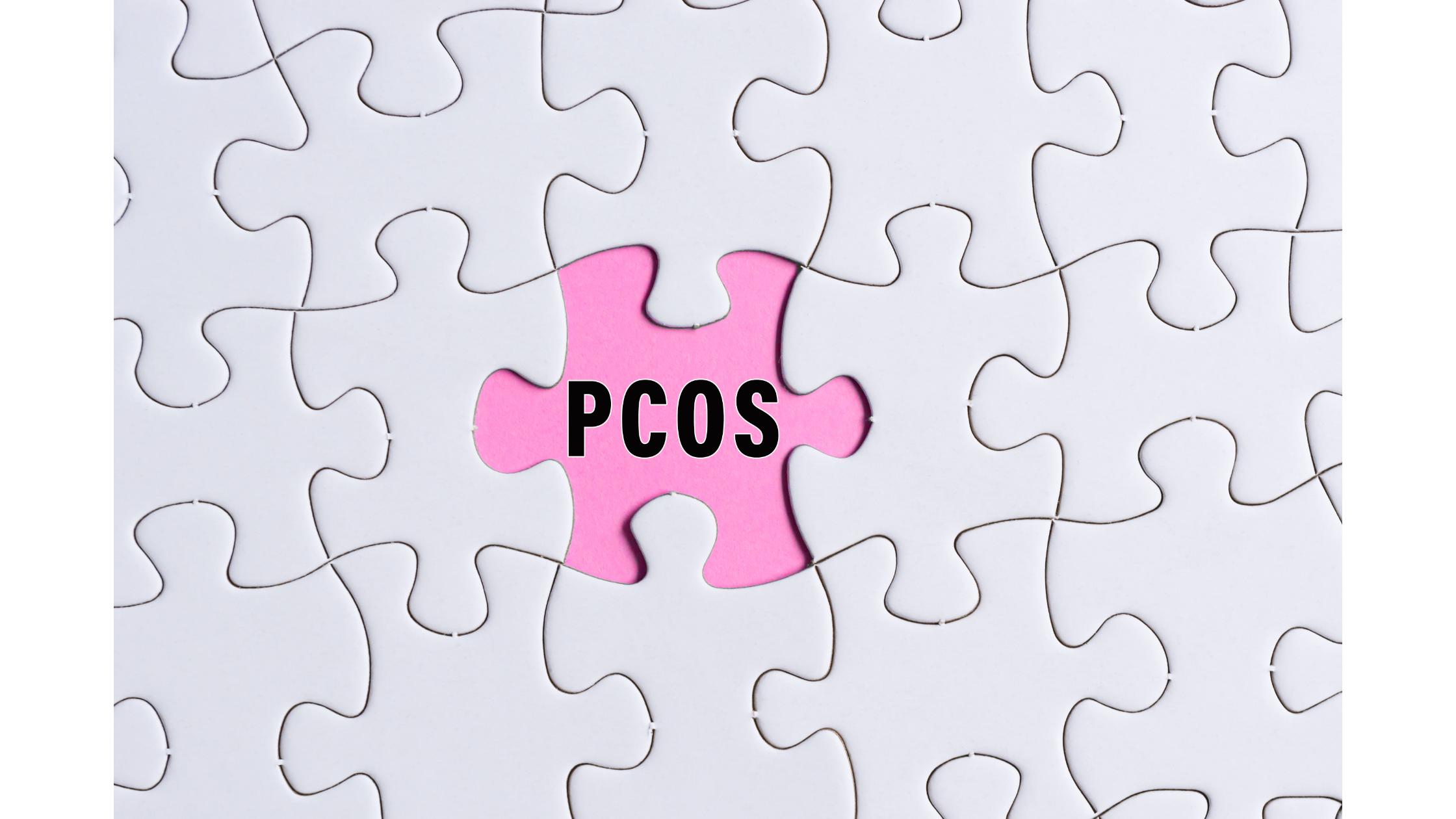Polycystic ovary syndrome (PCOS) is a hormonal disorder common in women. This syndrome is characterized by a series of changes that affect the growth and maturation process in the ovaries. PCOS can cause irregular periods between periods, the formation of cystic ovaries, and sometimes increased levels of male hormones called androgens. This article will discuss the symptoms, diagnostic methods and treatment options of PCOS.
Symptoms: Women with polycystic ovary syndrome may often experience the following symptoms:
- Irregular or absent menstrual periods
- Excessive hair growth (hirsutism)
- Acne and oily skin
- Insulin resistance and obesity
- Difficulty gaining or losing weight
- Failure to ovulate or irregular ovulation
- Infertility
Diagnosis: A doctor may use several methods to diagnose PCOS. These methods may include:
- Evaluation of symptoms and the patient's medical history
- Physical examination, especially a pelvic exam to check for the presence of ovarian cysts
- Blood tests: Hormone tests to measure hormone levels, such as LH (luteinizing hormone), FSH (follicle-stimulating hormone), and testosterone levels
- Ultrasonography: Imaging test to determine the presence and size of cysts in the ovaries
Treatment: Treatment of PCOS may vary depending on symptoms, age, infertility status, and patient preferences. The following methods are usually used:
- Lifestyle changes: A healthy diet, regular exercise and weight control can help manage symptoms. Additionally, measures can be taken to reduce insulin resistance.
- Medication: Doctors may prescribe hormonal medications to regulate menstrual cycles, reduce insulin resistance, or stimulate ovulation. These medications include birth control pills, antiandrogen medications, and medications for ovulation induction.
- Infertility treatment: If you are having difficulty getting pregnant, your doctor can help treat infertility by recommending methods such as ovulation induction, artificial insemination, or in vitro fertilization (IVF).
Polycystic ovary syndrome is a common condition that can cause hormonal imbalances in women. This syndrome can negatively affect quality of life and sometimes lead to infertility. However, with proper diagnosis and treatment, symptoms can be managed and the chances of pregnancy can be increased. Various approaches can be used to deal with PCOS, such as lifestyle changes, medication, and infertility treatment. Because each individual's situation is different, the treatment plan is often personalized and based on your doctor's recommendations. Regular doctor check-ups and a followed treatment plan play an important role in reducing the effects of PCOS.
Lifestyle Changes: Lifestyle changes play an important role for individuals with polycystic ovary syndrome. A healthy eating plan and regular exercise can help manage symptoms and maintain hormonal balance. Consuming low glycemic index foods, focusing on complex carbohydrates, fiber, and healthy fats can help regulate insulin levels. Additionally, exercising, controlling weight, and paying attention to stress management can also contribute to relieving symptoms.
Medication: Medications for polycystic ovary syndrome may be prescribed to relieve symptoms, regulate hormone balance, and stimulate ovulation. Doctors often recommend birth control pills because they can improve menstrual regularity, lower androgen levels, and reduce symptoms such as hair growth. Antiandrogen medications are also sometimes used and can relieve symptoms such as excessive hair growth, acne, and hair loss. Additionally, medications used for ovulation induction may also increase the chances of pregnancy for women with polycystic ovary syndrome.
Infertility Treatment: Infertility may be more common among women with polycystic ovary syndrome. However, in most cases, the chances of pregnancy can be increased with appropriate treatment. Infertility treatment options include ovulation induction, artificial insemination, and in vitro fertilization (IVF). Ovulation induction involves the use of hormonal medications to regulate ovulation and ensure the release of matured eggs. Artificial insemination is a procedure that allows sperm to be placed directly into the uterus. IVF, on the other hand, involves culturing fertilized eggs in a laboratory environment and then transferring them to the uterus.
Polycystic ovary syndrome is a common condition in women that causes hormonal imbalances and a variety of symptoms. This syndrome can affect quality of life and lead to infertility. However, with proper diagnosis and treatment, symptoms can be managed and the chances of pregnancy increased. Methods such as lifestyle changes, medication, and infertility treatment are important tools used to support the health of individuals with polycystic ovary syndrome. Since each individual's situation is different, the treatment plan should be personalized and implemented according to your doctor's directions. Regular doctor check-ups and communication play a critical role in dealing with polycystic ovary syndrome and help ensure a healthy life.
